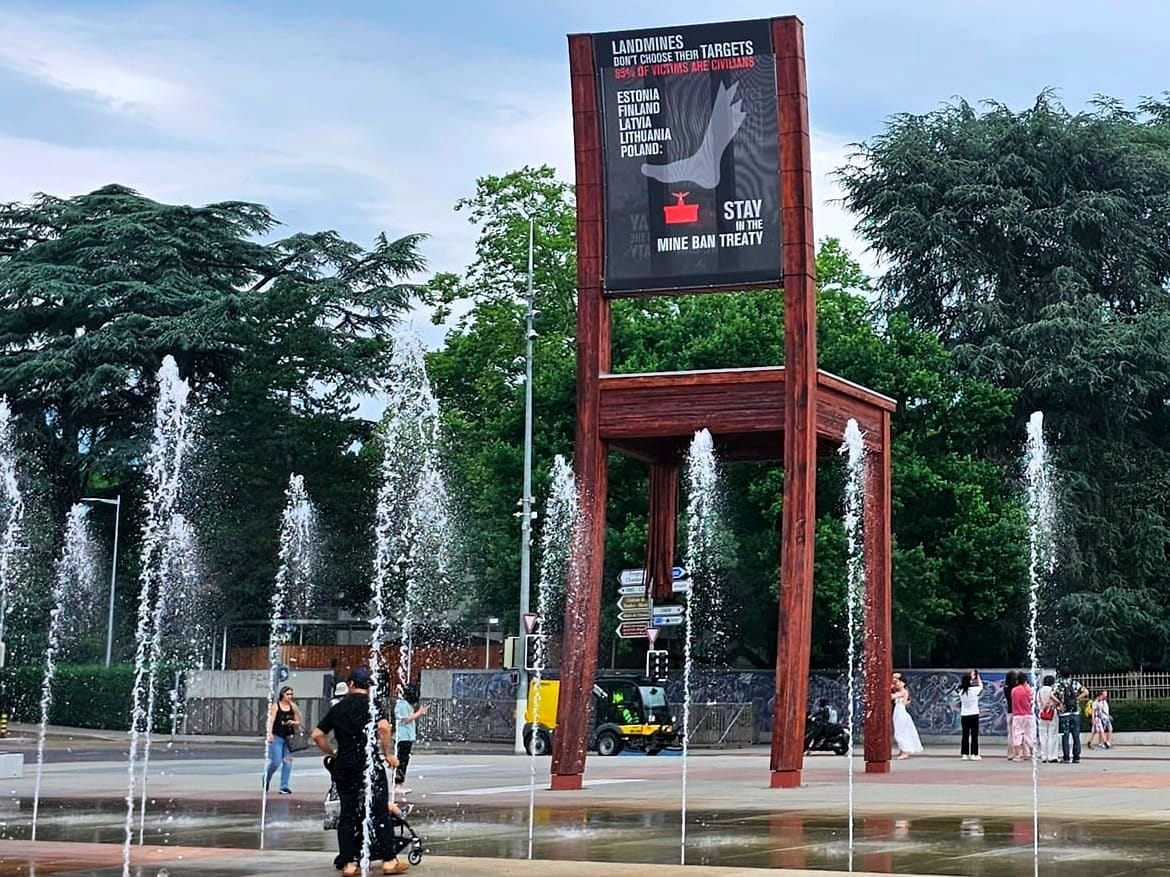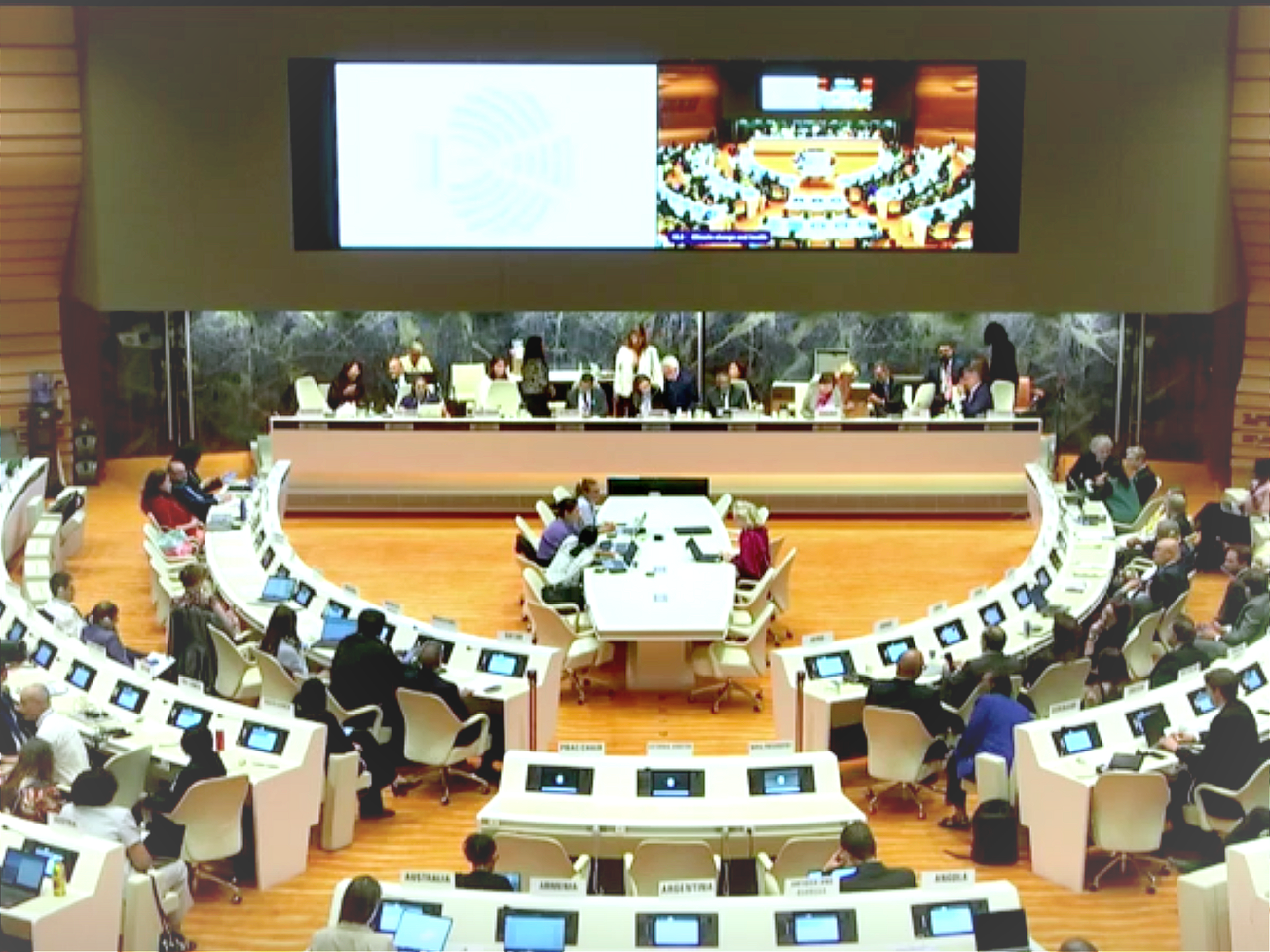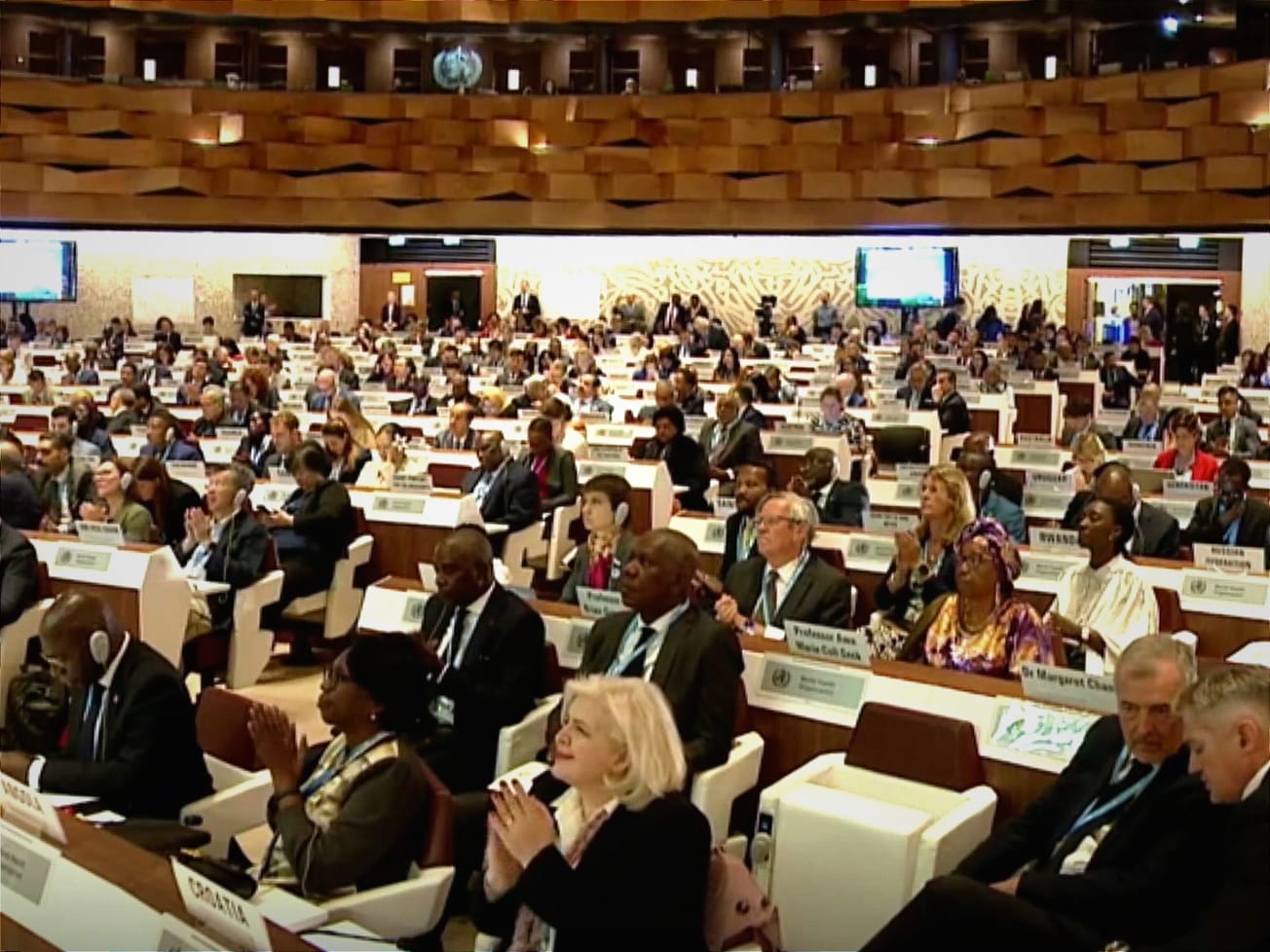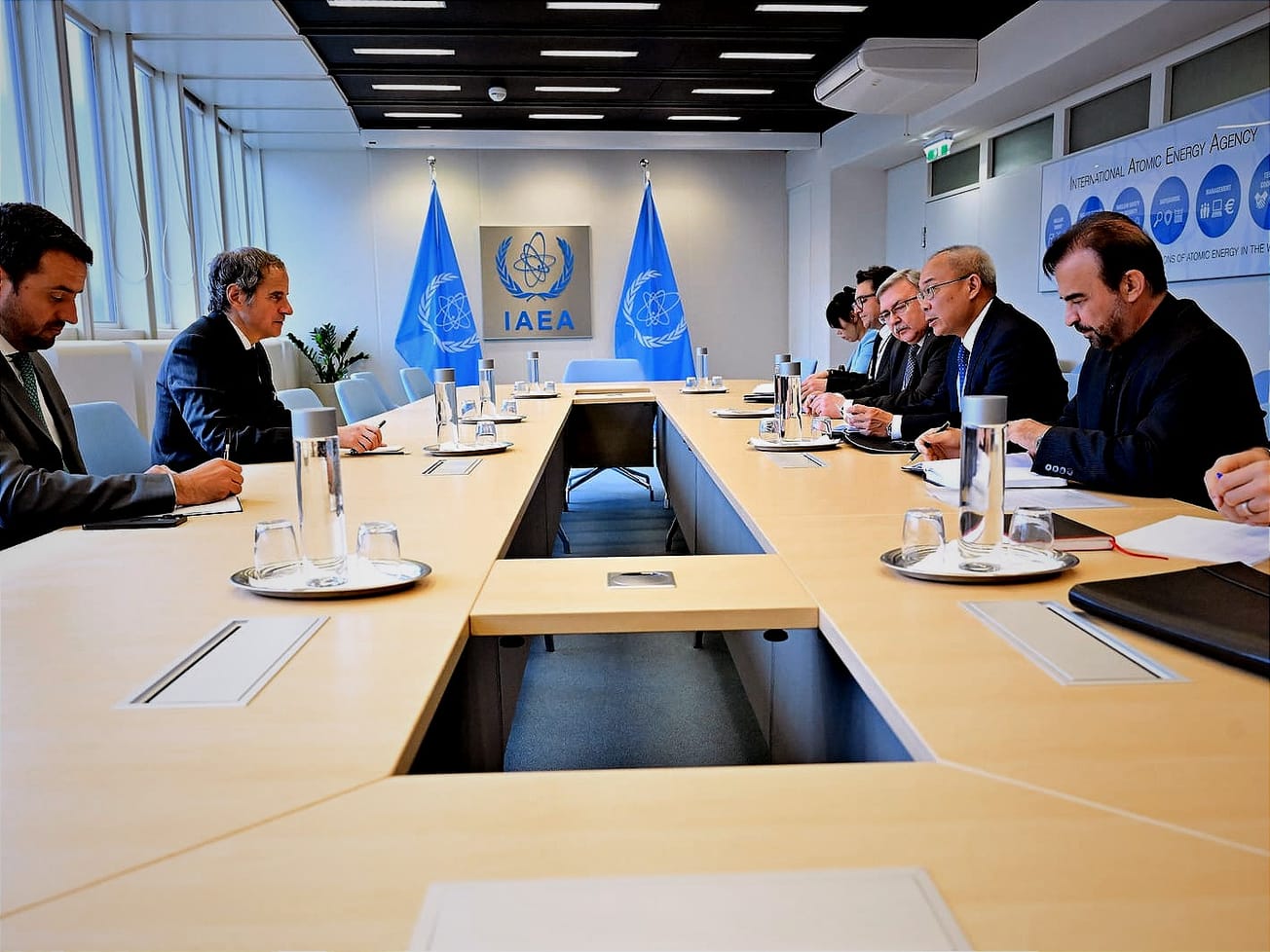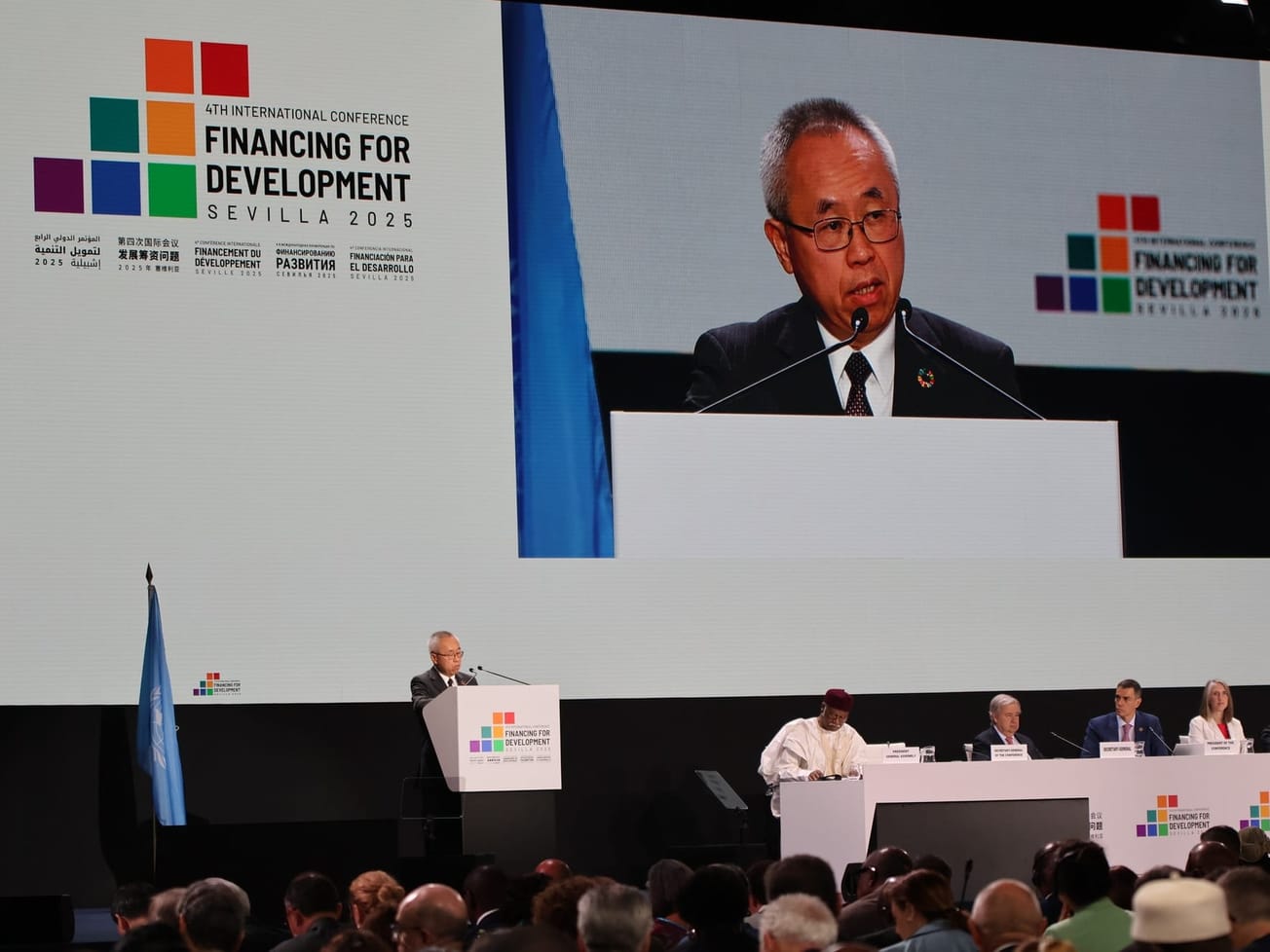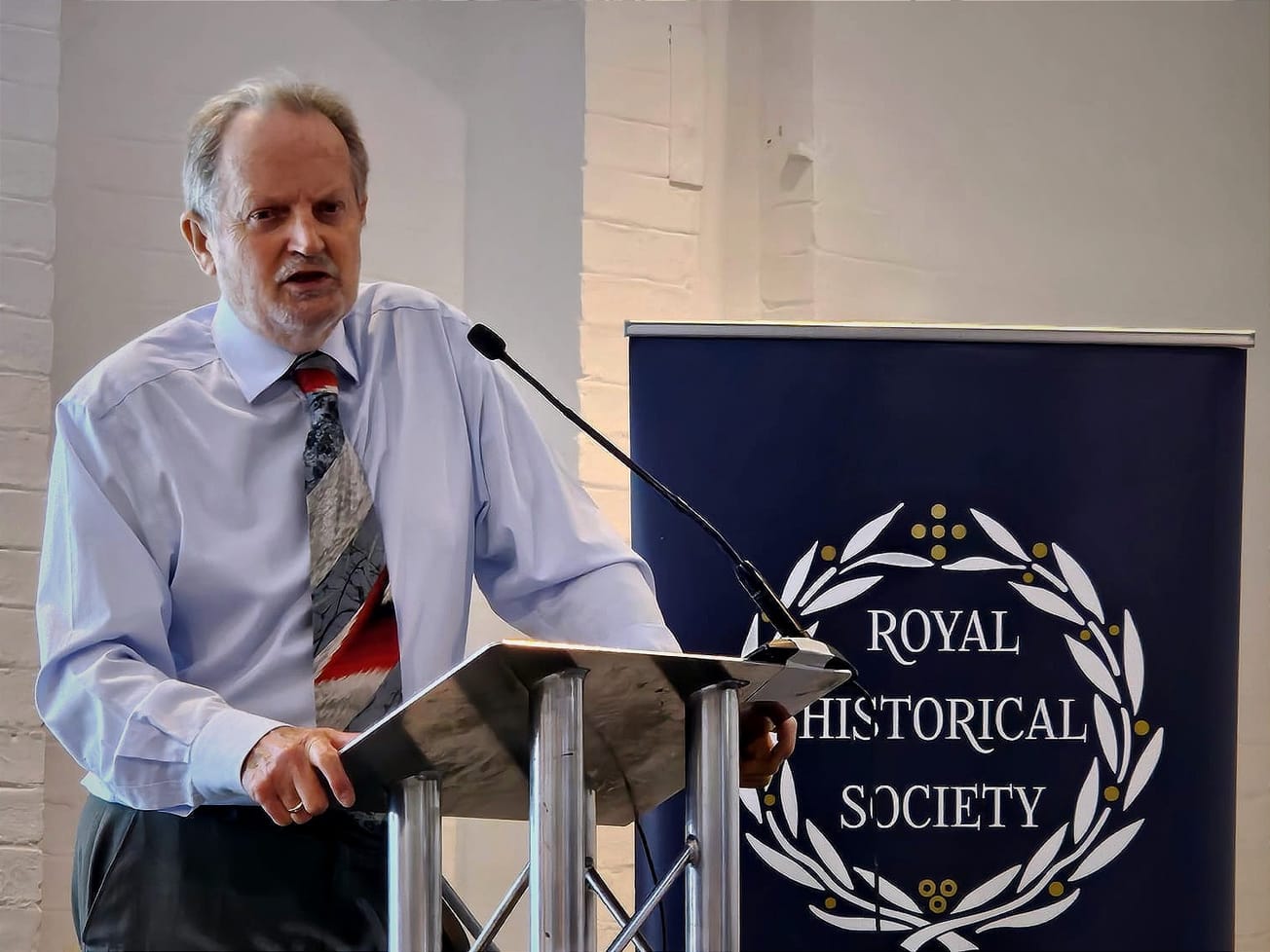A longstanding advocate for environmental and climate issues — King Charles III — now heads the 56-member Commonwealth of Nations, an international organization of mostly former British colonies that spans a third of humanity.
Charles, officially proclaimed the new monarch of the United Kingdom on Saturday, has long been outspoken on climate change, deforestation and pollution — and he has used his position to push for fulfilling the 2015 Paris Agreement, which obliges virtually all of the world's nations to prevent average global temperatures from rising more than 2 degrees Celsius above pre-industrial levels, or 1.5 degrees C. if possible.


